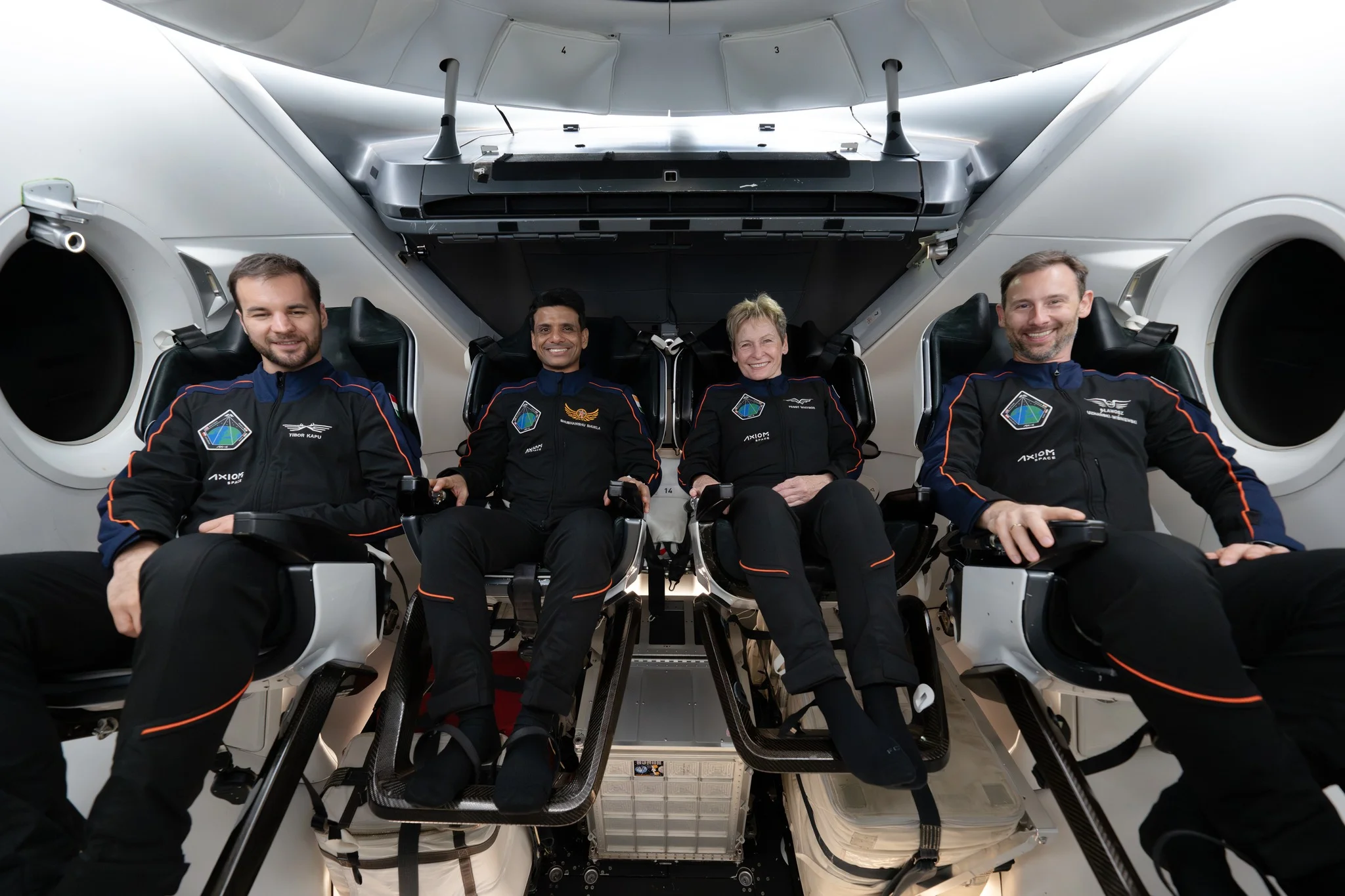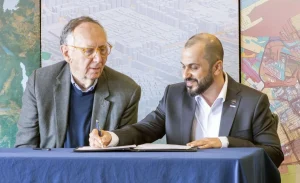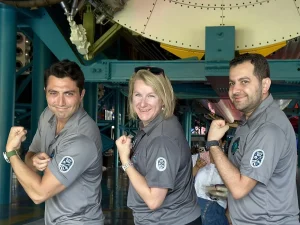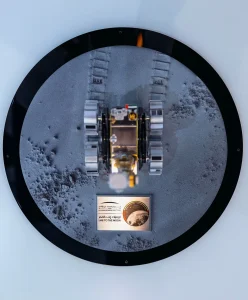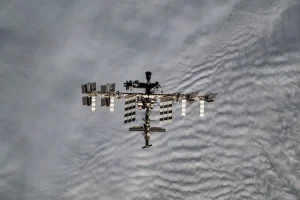As part of the Axiom Mission 4 (Ax-4) a privately organized mission led by Axiom Space in partnership with SpaceX — Shukla became the first Indian astronaut in the modern space era to enter orbit and carry out high-impact scientific research.
Launched on June 27, Shukla joined a multinational crew including veteran NASA astronaut Peggy Whitson and European astronauts Slawosz Uznanski-Wisniewski and Tibor Kapu. Together, they carried out a diverse set of experiments focused on advancing knowledge in space biology, medicine, and sustainability all critical areas for long-duration missions to the Moon, Mars, and beyond.
The SpaceX Dragon capsule brought them home on July 16, landing safely off the coast of California after a smooth descent.
But this mission was more than just a technological success. It was a symbolic moment — India re-entering the human spaceflight arena after decades, with a future astronaut from its own upcoming Gaganyaan mission taking center stage.
“Democratising Space” — The Role of Private Missions
Commenting on the significance of missions like Ax-4, Anna Hazlett, founder of UAE-based space consultancy and investment firm AzurX, told The National:
**“Private space companies like Axiom Space are transforming human space flight, allowing nations without ISS partnerships to send astronauts to orbit.
This model democratises space access, accelerates national space ambitions, and fosters global collaboration. It helps create a more diverse space economy, which is what the new space sector is all about.”**
Her words underline why Shukla’s flight matters far beyond India — it represents a new frontier in how nations access and benefit from space.
Shukla’s time aboard the ISS was filled with meaningful contributions to space science, including:
- Microalgae studies – observing how algae strains behave in microgravity as a potential solution for producing oxygen and food during deep space missions.
- Plant gene research – analyzing how plants adapt and survive without gravity, to support crop growth in extraterrestrial environments.
- Space medicine – monitoring cardiovascular health and muscle performance to understand the physiological effects of long-term spaceflight.
These experiments aren’t just academic they are laying the groundwork for future missions where self-sustaining life support systems and astronaut health will be mission-critical.
Despite the complexity of his mission, Shukla made time to connect with those back home. He spoke with Indian Prime Minister Narendra Modi, sharing stories of adapting to life in space, and video-called Indian schoolchildren, encouraging them to follow paths in science, technology, and exploration.
“Sleeping is a big challenge … I had to tie my feet down to stay in place,” he shared.
“From space, one cannot see borders. India appears truly grand, very big much bigger than on a map.”
These words resonated deeply across the nation, stirring the imagination of a new generation of future astronauts, engineers, and scientists.
Shukla’s participation in Ax-4 is also strategic. As ISRO’s Gaganyaan programme continues to progress, having an astronaut with actual ISS experience offers India invaluable insights into crew operations, safety protocols, and space station environments alll essential knowledge for building its own spaceflight capabilities.
India’s space program is accelerating. From the Chandrayaan-3 lunar landing to the Aditya-L1 solar mission, and now this international spaceflight, it’s clear that the country is positioning itself as a major player in the global space community.
The return of Shubhanshu Shukla signals a defining moment not just for India, but for the future of human spaceflight worldwide. It represents a shift toward greater inclusivity, international collaboration, and public-private innovation in space.
These themes will take center stage at the Space Travel Summit 2025, a premier platform where global leaders in space exploration, technology, investment, and policy will come together to shape the next phase of space innovation.

